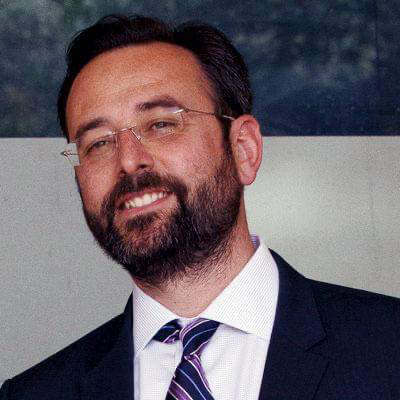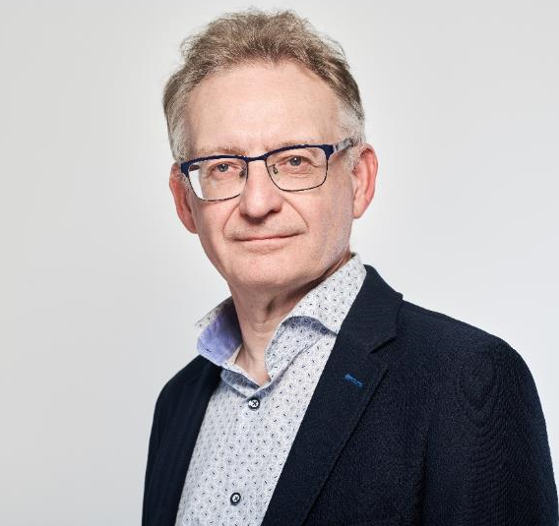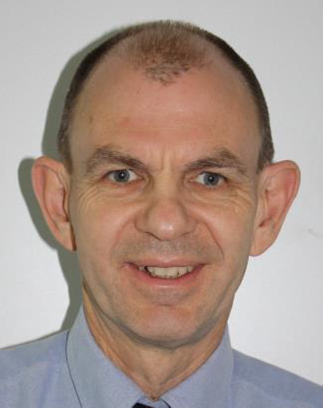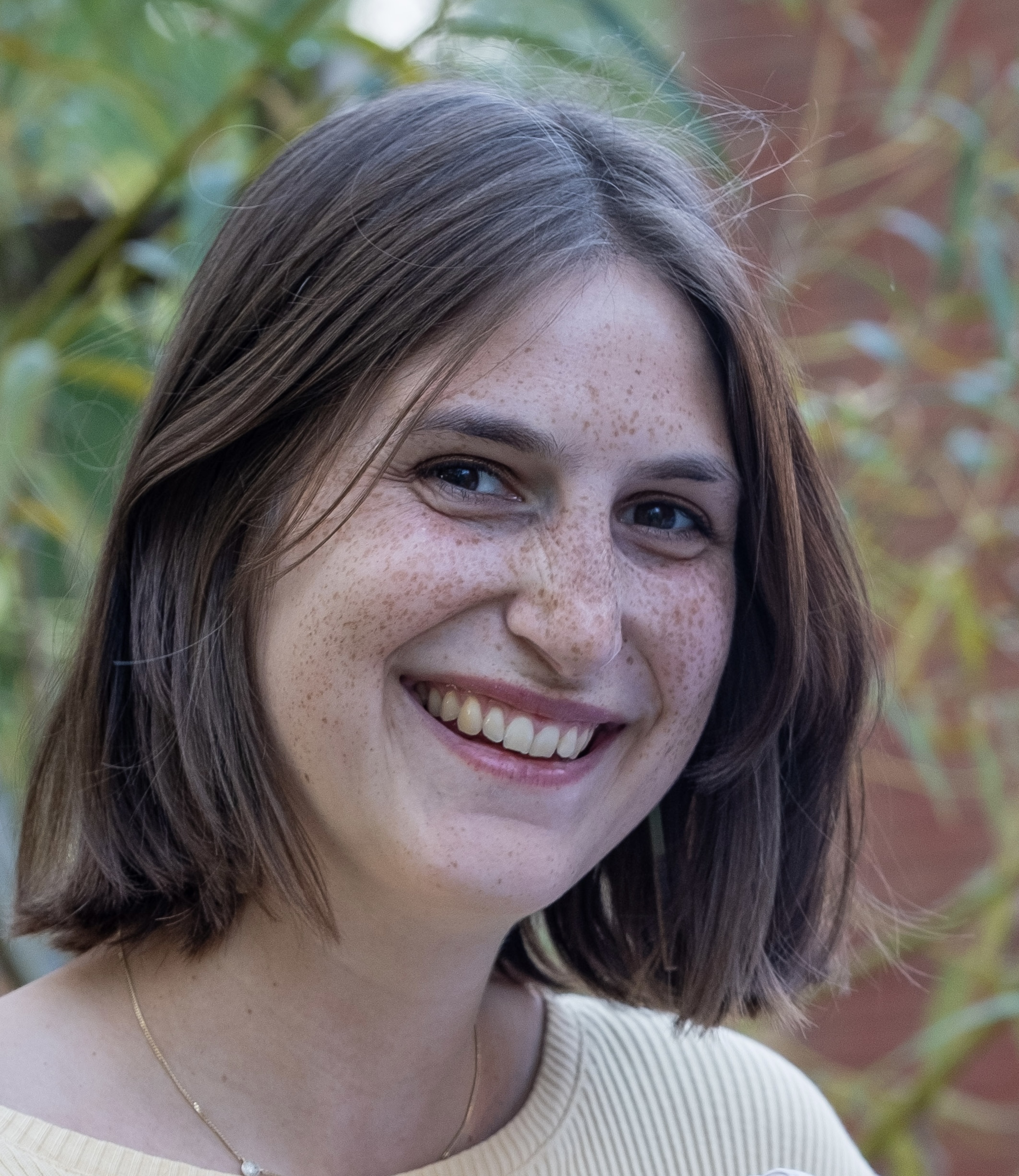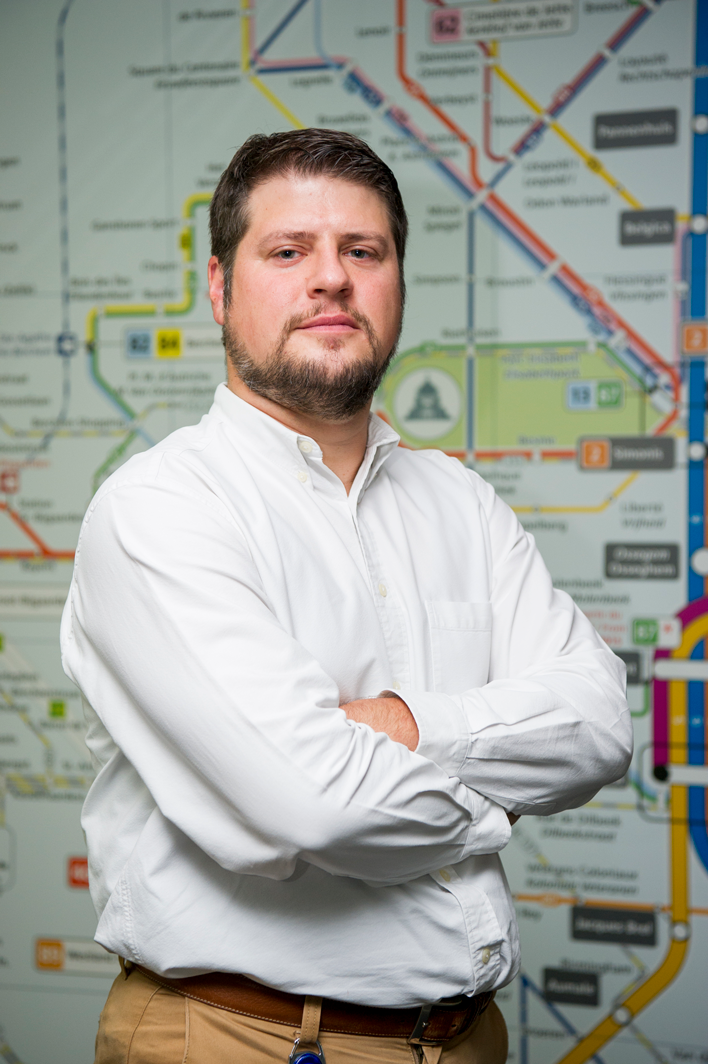Empowering Innovation in Marine Robotics: Leveraging Ocean Testing Facilities, Open Data Initiatives, and Competitions
Abstract: Ocean testing facilities and open data initiatives are pivotal components in advancing marine robotics and autonomous systems. These facilities offer controlled environments for conducting thorough testing of autonomous technologies, while open data initiatives foster collaboration, transparency, and real-world validation. This keynote will delve into the significance of ocean testing facilities and open data initiatives, highlighting the advantages of organizing international real-world competitions that benefit both researchers and industry stakeholders.Bio: Dimitris Zissis is an Associate Professor of Information and Communication Systems, at the Dept. of Product & Systems Design Engineering, University of Aegean (Greece), and Head of the Intelligent Transportation Systems Lab. He is currently the National Representative to the Horizon Europe Programme Committee (PC) for “Cluster 4: Digital, Industry and Space”, while he has been a member of the High Level Expert Groups on“Business-to-Government Data Sharing” and “Facilitating the use of new data sources for official statistics”. His professional experience includes several senior leadership positions in the deep tech industry. His academic work has been published in more than 100 research papers, while the focus of his publications is on Information and Communications Systems, Big Data, AI and Machine Learning.
From Cooperative ITS to digital twins in a system of systems
Abstract: In the past years, Intelligent Transport Systems (ITS) have evolved into Cooperative ITS (C-ITS). Based on the detected traffic, controllers generated “green waves”. By means of V2V and V2I communication this was optimized to GLOSA (Green Light Optimal Speed Advisory) and advanced warning systems. Those concepts have been tested in large scale deployment projects like C-MobILE and are now state of the art. In NextPerception, Driver Monitoring Systems were extended to take into account the emotional state of the driver.In recent years Digital Twins have been the next step in making automation tasks more performant in domains where sensors, edge devices, cloud computing and AI are combined. We see that the usage of Digital Twins in Mobility is lagging behind and, when used, the Twin is only modelling one aspect on a single device.
Simulation and data analysis are well handled in the Mobility and Traffic domain. Real-time reaction to changing situations is commonly used to guarantee safety and improved traffic flow. The basic building blocks for a digital twin are there but are insufficient to handle the situation where the actors are moving and changing from one situation to another and owned by different stakeholders.
To model those complex situations, we need cooperating digital twins that dynamically work together in a trustworthy system of systems where a system can join our leave a group of heterogeneous twins.
The DistriMuse project, which started in May 2024, intends to work on solutions to combine observations from various traffic participants into a common view of the situation. The focus in the project is particularly on the observation and protection of vulnerable road users in traffic situations. Furthermore, a match will be made between the focus of attention of the driver, and the developments in traffic, specifically focusing on the attention paid to VRU’s.
Bio: Geert Vanstraelen is head of the R&D at Macq, Belgium. Geert joined the R&D department at Macq in 1992, working in research projects to define programming languages for PLC's and the open source SCADA project Open OBviews. He participated in national and European research projects such as Distributed SL, Superviseurs corrects, efficaces et robustes, Capteur Routier Multimodal, MULTICAM, Open SCADA, VARIES (Variability Management), REVaMP2 (Product Line Engineering). When the company focus shifted from automation to traffic, research moved to smart mobility projects like C-MobILE (C-ITS), PoliVisu (Policy Development based on Advanced Geospatial Data Analytics and Visualisation), TASPAIR (Traffic Analysis while Sustaining Privacy with Artificial Intelligence for Recognition), NextPerception (Sensor fusion), TIoCPS (Trustworthy and Smart Communities of Cyber-Physical Systems), MIRAI (Machine Intelligence techniques for smart and sustainable planning and operation of IoT and Edge computing applications) TAPCOP (Traffic AI Prediction of Common Operational Picture), BRIGHTER (Fast pixel micro-bolometer imaging), SINTRA (Security of Critical Infrastructure by Multi-Modal Dynamic Sensing and AI) and DistriMuSe (Distributed Multi-Sensor systems).
Assisting train maintenance technicians with learning machines
Abstract: At SNCB-NMBS we transport around 750 000 passengers daily across 550 train stations. Such operations require to maintain thousands of vehicles ready to travel around the country on a daily basis. In this talk, we will discuss how we can leverage the data collected from our vehicles to assist our train maintenance technicians using machine learning algorithms.Bio: Georges Tod has been working at the Engineering Department of NMBS-SNCB for the last 3 years. His work ranges from data ingestion to prototyping machine learning algorithms and their deployment in production. Prior to that he has worked as a postdoctoral researcher at the Paris Cité University, at the Flanders Make research Institute and at the French-speaking Free University of Brussels (ULB). His work now focuses on how to leverage engineering knowledge in machine learning algorithms for the diagnostics and prognostics of railway vehicle subsystems’ health.
Data and the EU’s blue economy
Abstract: Our planet is facing an uncertain future. Dealing with accelerating atmospheric warming, shifting geopolitical alliances, widening economic inequalities and worrying technological capabilities cannot be dealt with by individual countries. This is particularly the case for the seas and oceans that cover 71% of the surface, which absorb about 30% of carbon dioxide from human activities and carry about 80% of the volume of international trade. The talk will explain how EU finance and regulations on data bring 27 countries together to tackle these issues.Bio: Iain Shepherd is a graduate in physics for Imperial College, London, Iain Shepherd has worked for the European Commission for over 40 years on issues such as nuclear safety, wetland hydrology, humanitarian aid and fisheries control before becoming responsible for issues related to the sea, especially marine data.
Telraam: collecting traffic data in a citizen science approach
Abstract: Collecting Traffic data is expensive, yet it’s essential as a basis for any sensible transport policy. Because of the high cost local authorities limit the amount of traffic counting data collection to few, mostly main roads. Despite new technological possibilities, affordable traffic counts of traffic volumes at fine spatial granularity that are essential for traffic studies on infrastructure adjustments, smart traffic lights, new circulation plans, etc. are still lacking.Secondly, any change to local transport policy requires support from the public. Information, participation and awareness campaigns are needed to generate sufficient support for local transport policy changes. Citizen’s activism on transport issues is very high. Citizen involvement in the generation of traffic data can both reduce the cost of data collection as well as increase the support for any changes to the local transport policy.
Telraam is a citizen-powered solution for collecting multi-modal traffic data with a purpose-built, affordable, and user-friendly device. In this presentation, we will show the technology Telraam uses and the method we use to establish a intricate collaboration between citizen and local transport policy makers to collect traffic counting data in an affordable manner.
Bio: Kris Vanherle is the co-founder of Telraam, a company that uses low cost IoT-devices to allow citizens to monitor traffic in collaboration with local authorities to help local mobility and infrastructure planning. The goal is to gather data and create a participative process involving both residents and authorities to analyze and interpret the data and come up with collaborative solutions.
Transfer learning for mobility predictions in small and medium-sized cities; the CitCom.ai TEF as incubator
Abstract: The EU is distinguished by its many small and medium-sized cities and towns. Almost half of all EU cities have populations between 50.000 and 100.000, inhabitants, and there are over 8.000 towns with populations ranging from 5.000 to 50.000. Together, these towns and cities are home to nearly 30% of the EU’s population. In Flanders, this figure rises to over 80%. This means that the majority of Flemish citizens is scattered amongst 285 cities and communities, resulting in significant challenges for mobility data management. Many of these challenges, such as resource scarcity and data deficiencies, can be addressed through collaboration among cities, sharing resources, data, and insights. This research introduces a novel approach for such a collaboration, using transfer learning algorithms. The method will be developed in the Citcom.ai project, which establishes Test and Experimentation Facilities (TEFs) across Europe. Mechelen, a medium-sized city in Flanders, is one of these TEFs, and faces the same issue as many other cities: they lack data on mobility. The proposed method solves this issue, by using data from several other small and medium-sized cities to pretrain a predictive model, which is further refined using Mechelen's data. By combining data sources from different small and medium-sized cities, this approach leverages their collective strengths, resulting in more accurate predictions for all of them.Bio: Dr. Laure De Cock is a geographer with a rich background in smart technology, holding a PhD in indoor navigation from Ghent University and a postdoc in smart crowd management. Currently at imec, she leverages her expertise in the mobility domain, focusing on innovation projects that bridge the gap between cutting-edge technologies and their practical implementation in society. Laure's work is instrumental in enhancing innovations such as data spaces and AI modelling, ensuring they are not only technologically advanced but also accessible and beneficial to users. Her dedication to translating theoretical research into tangible societal benefits marks her as a key player in several mobility projects, such as deployEMDS and CitCom.ai.
Minimal Interoperability unlocking value from mobility data
Abstract: To tackle key urban issues such as improving mobility, cities need to combine many different kinds of data coming from many different domains. “Work arounds” are needed to help, and this is the focus of the OASC/Living-in.eu Minimal Interoperability Mechanisms (MIMs). While global in scope, the MIMs are seen by the European Commission as a key part of supporting interoperability across Europe. The MIM methodology is on the point of being standardised by ITU.This presentation will introduce the MIMs, set them in the European policy context and illustrate them with several mobility use cases from the city of Tampere.
Bio: Michael Mulquin has been focusing on the development and implementation of smart city standards for over 10 years. He is Chair of the IEC Smart Cities Systems Committee and Co-Chair of the IEC-ISO-ITU Joint Smart Cities Task Force.
He works with Open and Agile Smart Cities to support the development and implementation of the Minimal Interoperability Mechanisms (MIMs) and is now working with ITU Study Group 20 to formalise the MIMs within the portfolio of types of international standards.
Bio: Karl-Filip is Chair of the Board of Directors and acting Executive Director of Open & Agile Smart Cities, an international cities and communities network supporting its members in their digital transformation journey with a strong focus on interoperability.
He is also Head of the Data, Governance and Communities Unit at the imec research group SMIT of the Vrije Universiteit Brussel (imec-SMIT, VUB). The main focus of the work of his unit is on governance and business aspects of urban digital transformation and urban innovation, including data spaces, local digital twins and personal data management. Currently, he also serves as Senior Policy Advisor Smart Cities, Data Spaces, Local Digital Twins and CitiVerse at FARI, the AI for the Common Good Institute in Brussels.
Before joining SMIT, he served in government for 24 years, working at the local level as Chief Strategy Officer of the City of Ghent and at the Belgian FPS Justice on digital policies and digital transformation programmes. He holds a master of laws degree, specialized in European and International Law.
Data & Innovation at STIB-MIVB
Abstract: We look at how STIB-MIVB has organised data and analytics from a technical perspective and visit some projects like Operational monitoring; and innovation like using Machine vision to inspect overhead lines of the tram.Bio: Rob Roemers is head of data & analytics at the Brussels Public Transportation Company (STIB-MIVB). The main task of his team is to make data & analytics available to the entire enterprise and assist the business users in its use. This covers traditional BI reporting and operation reporting all the way to machine learning and data science where they piloted many new initiatives. Rob has a background as an entrepreneur, is freelance consultant in innovation strategies focused around data, spend several years as a trainer for SAP and is a frequent speaker on mobility data topics at events like Hack Belgium, Polis,…

